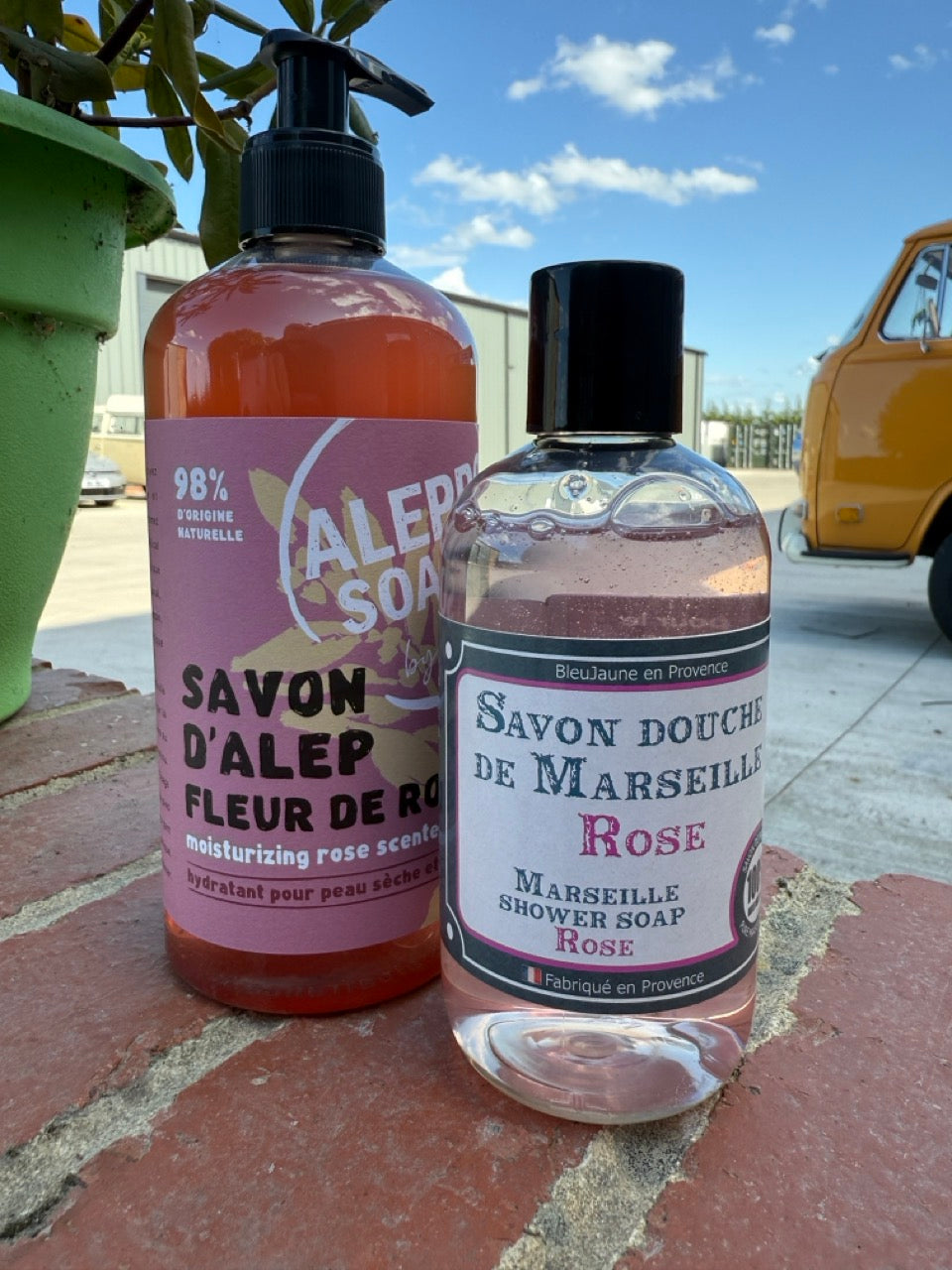

Gifting couldn't be easier
Add a gift message to be emailed to when their parcel arrives, or at a time of your choice.
Modern consumers are more ingredient-aware than ever. Labels like "sulphate-free" or "paraben-free" have become common on soap and shampoo packaging. But what exactly are these ingredients? Where did they come from? Why were they used so widely? And should you avoid them?
This guide explores the most common "nasties" found in conventional body care products—including sulphates, parabens, phthalates, silicones, and synthetic fragrances—to help you make informed choices.
Sulphates (or sulfates) are cleansing agents derived from sulphur-containing compounds. The most common are:
Sodium Lauryl Sulphate (SLS)
Sodium Laureth Sulphate (SLES)
These ingredients are surfactants that help water mix with oil and dirt, making them effective foaming and cleansing agents.
Create a rich lather (which many consumers associate with cleanliness)
Effectively remove oil, dirt, and product buildup
Inexpensive and widely available
Can be harsh on sensitive skin
May strip natural oils, leading to dryness and irritation
SLES is often contaminated with 1,4-dioxane, a potential carcinogen, during manufacturing
Frequently require other synthetic ingredients to balance out their drying properties.
Lots of lather = lot's of water. The result, a soggy soap bar that evaporates and it's performance and life time are compromised.
Coconut-derived surfactants (e.g., Sodium Cocoyl Isethionate)
Soapwort, clay, or plant-based cleansers
Savon de Marseille soap and other traditional, oil-based Castille formulas
Parabens are a group of synthetic compounds used as preservatives to prevent bacteria, mold, and yeast growth in products. Common types include:
Methylparaben
Propylparaben
Butylparaben
Ethylparaben
Extend shelf life of water-based products
Protect consumers from microbial contamination
May mimic estrogen in the body (endocrine disruption theory)
Found in trace amounts in breast tissue, though causality is unproven
Can trigger contact dermatitis or allergic reactions in some individuals
Phenoxyethanol (a safer preservative)
Natural preservatives like grapefruit seed extract, vitamin E, or rosemary extract
Water-free formulas (e.g., solid bar soap, oil-based balms)
Found in synthetic fragrances and plastic packaging
Linked to hormone disruption and reproductive issues
Not always disclosed due to "fragrance" label loopholes
Alternative: Choose products with 100% essential oils and transparent labeling
Used to add slip and shine in shampoos and conditioners
Can build up on hair and block moisture
Alternative: Lightweight oils like argan oil, jojoba oil, or shea butter
Proprietary blends of chemicals (sometimes hundreds)
Common allergens and triggers for asthma or migraines
Alternative: Essential oils or unscented products
Formerly used in antibacterial soaps
Banned in many countries due to hormonal and environmental concerns
Alternative: Natural antibacterials like tea tree oil, thyme, or alcohol
To make products affordable and shelf-stable
To enhance performance with foam, scent, or texture
To meet mass-market demands for cleanliness and beauty
However, the modern clean beauty movement has highlighted their long-term effects on skin, health, and the environment.
If you're trying to simplify your skincare routine or avoid synthetic ingredients, consider these options:
Artisan bar soaps made with natural oils and traditional saponification
Liquid Castile soaps (olive oil-based, often sulphate- and paraben-free)
Fragrance-free or essential oil-scented options
Brands with transparent ingredient lists and eco-certifications (COSMOS, Ecocert, etc.)
French soapmakers from Marseille and Provence have been crafting soaps without synthetic "nasties" for centuries. Savon de Marseille uses only natural oils (often olive or coconut), lye, salt, and water—no sulphates, parabens, or artificial fragrance. These products represent:
Minimalist, skin-kind formulas
Sustainable sourcing and plastic-free packaging
A return to simple, effective, and nourishing skincare
Understanding what's in your soap or shampoo is the first step to taking control of your skin health. Sulphates, parabens, and other additives aren't evil by definition, but many people choose to avoid them for personal, health, or environmental reasons. With natural alternatives more available than ever, switching to gentle, traditional, or organic formulas could be a better choice for your body and the planet.
OUR POLICY
We do not stock any brand that regularly uses what we define as 'nasties'. Our products do not 'lather' in the way that readily available products do. At least once a week we are contacted by a customer concerned by this, that they have received a poorly made soap or similar. Lather also depends upon the water in your area. Softer water will have minimal lather, harder water area will have less. The more your product lathers, the more additives it contains. no lather = a proper soap!
Our products are Sulphate & Paraben free.
Occasionally a formulation changes and stock arrives before we are informed.
July 2025 - we have one product in stock that contains a gentle sulphate.
Please contact us with any questions or concerns.
©️ French Soaps UK 2025
If you would like help shopping this article, or have further product or ingredient questions then please contact us and we will be happy to help. E. bonjour@frenchsoaps.co.uk T. 01423 803080
Telephone or Whats App: 01423 803080
Email: bonjour@frenchsoaps.co.uk
Social: @FrenchsoapsUK
Address: Unit 14 Ousegill Business Park, Carr Side Road, Great Ouseburn, North Yorkshire, YO26 9AE
Sign up for our newsletter and get all the latest news, offers and more delivered straight to your inbox. You can unsubscribe at any time. By 'submitting' you are agreeing to our T&C's and Privacy Policy.

Gifting couldn't be easier
Add a gift message to be emailed to when their parcel arrives, or at a time of your choice.



